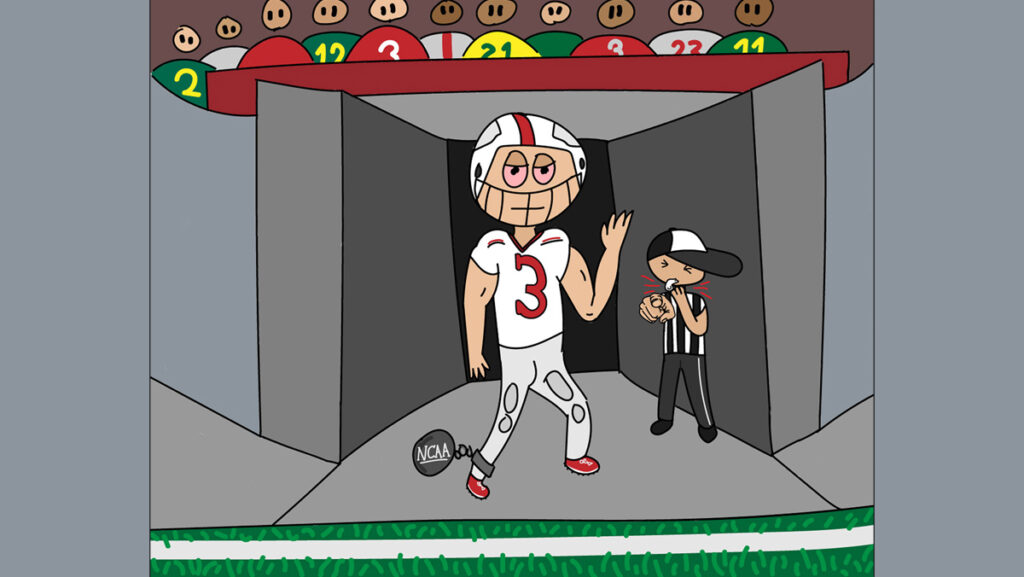While many states in the U.S. have legalized the recreational use of cannabis, college athletes are not allowed to consume it because of NCAA policy. The grounds for banning the use of any form of cannabis — tetrahydrocannabinol and cannabidiol — for college athletes are that the substance is linked to anxiety, respiratory damage, short-term memory damage and a decrease in focus on goals and personal achievements. There are no medical exceptions for the use of any cannabis class, while more damaging drugs like stimulants, narcotics and beta blockers can be granted an exception.
It does not make sense to ban the use of cannabis for college athletes when there is no evidence of it being a performance-enhancing substance. Many athletes do not even use the drug as a means to improve their performance. Rather, they use it for relaxation and pain relief. Even though the NCAA tries to reason cannabis as mainly a negative substance, there are many positive results of cannabis use: improvement of vision, muscle relaxation and a decrease in anxiety, depression, stress and tension.
In addition to identifying as athletes, everyone is a person first. If the state the person resides in allows the recreational use of cannabis, then they should be allowed to use it when they please, no matter their standing as an athlete. There is no evidence that the use of the substance impacts athletes performance, so it should not be a duty of the NCAA to keep it in its banned substance list. Even many famous sports organizations, like the NFL and MLB, allow the use of CBD. So why does the NCAA ban it? So far, there have been no well-founded reasons to keep the use of CBD, or cannabis in general, banned, which means that there should be a change in these policies.














